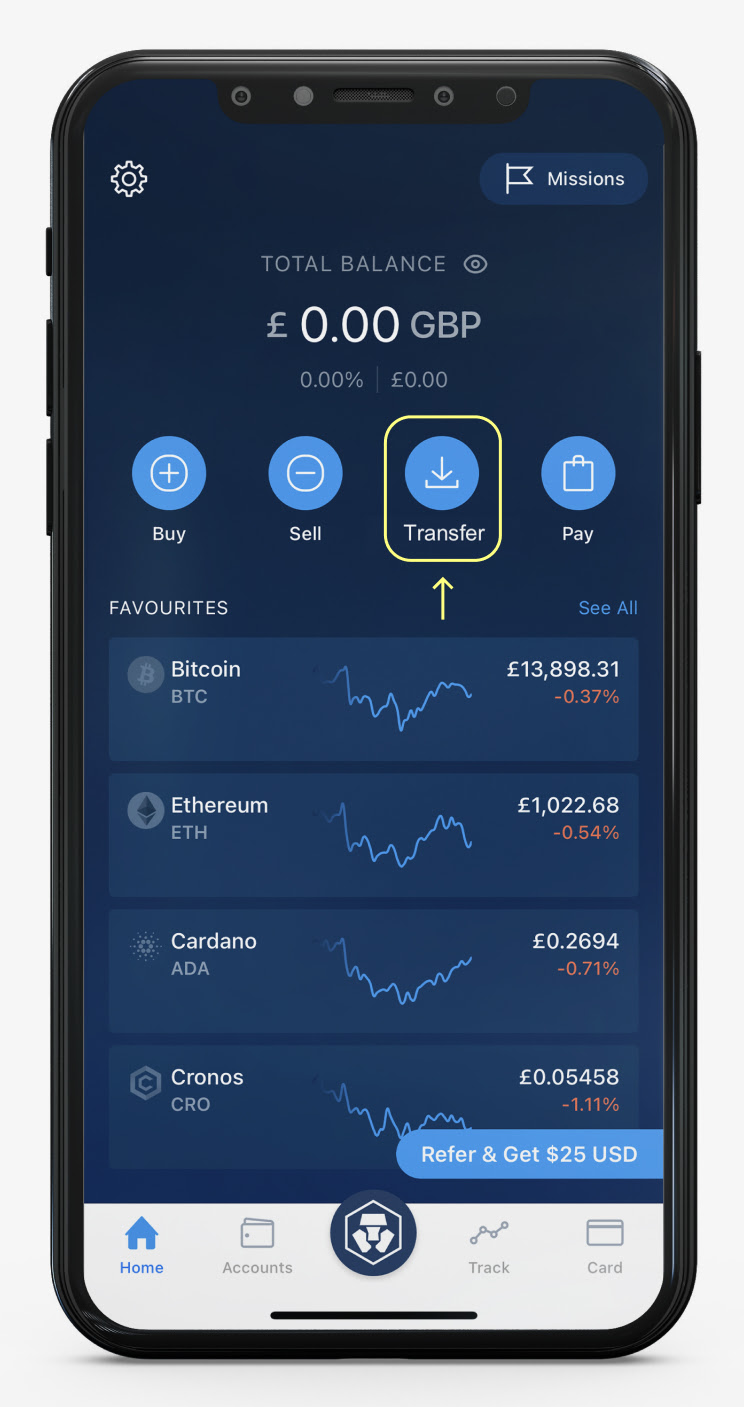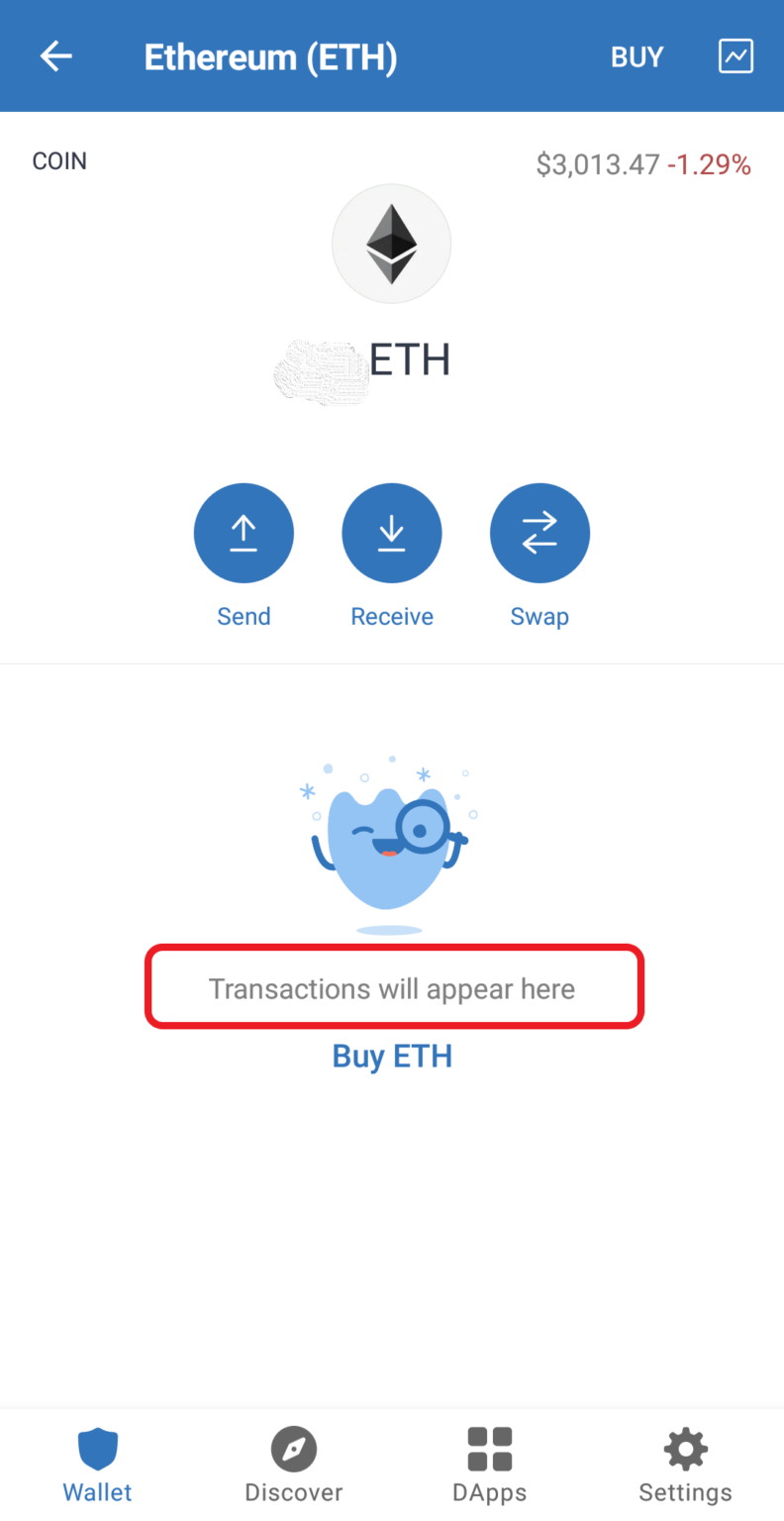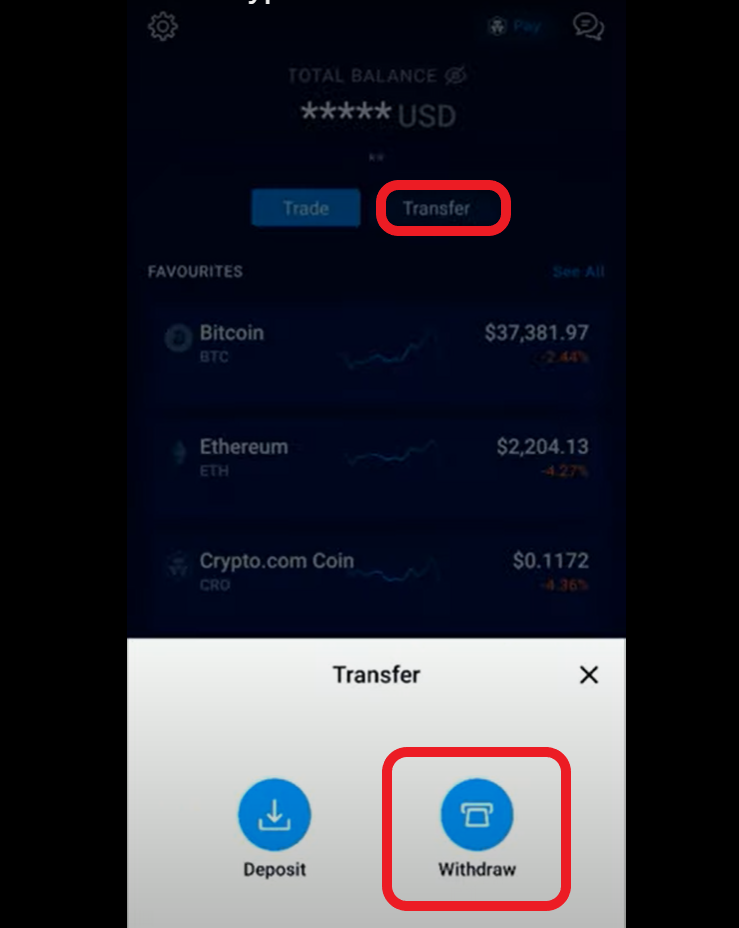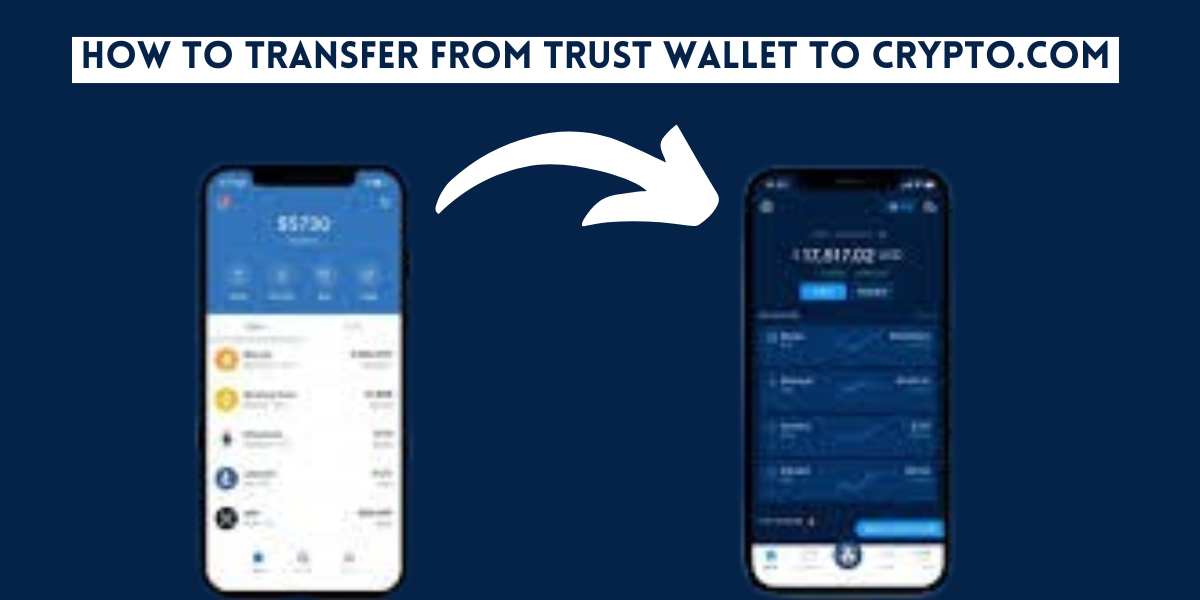How To Transfer Money To Crypto Wallet

Urgent: Crypto users face increasing complexities in funding their digital wallets. This guide offers a streamlined approach to safely and efficiently transfer funds into your cryptocurrency wallet.
This article provides a step-by-step guide on transferring funds to your crypto wallet, minimizing risks and maximizing efficiency. Learn how to navigate different transfer methods, ensure security, and avoid common pitfalls.
Funding Your Crypto Wallet: A Practical Guide
Before initiating any transfer, double-check your wallet address. A single incorrect character can lead to irreversible loss of funds. Confirm the address displayed in your wallet against the address you enter on the sending platform.
Choosing the Right Transfer Method
Several methods exist for transferring funds, each with its own advantages and disadvantages. The most common are direct transfers from centralized exchanges, peer-to-peer (P2P) transfers, and credit/debit card purchases.
Direct transfers from exchanges like Coinbase, Binance, or Kraken are generally the most straightforward for users already holding crypto. P2P transfers offer more flexibility but require greater vigilance against scams.
Credit/debit card purchases are often the quickest way to acquire crypto, but they typically incur higher fees. Research the fees associated with each method before proceeding.
Step-by-Step Guide to Transferring from an Exchange
First, log in to your exchange account and navigate to the "Withdraw" or "Send" section. Select the cryptocurrency you wish to transfer.
Next, enter your crypto wallet address in the designated field. Verify the address meticulously.
Specify the amount you want to transfer. Be mindful of any minimum withdrawal amounts or transfer fees imposed by the exchange.
Finally, review all the details and confirm the transaction. You may be required to complete two-factor authentication for security.
Security Best Practices
Always enable two-factor authentication (2FA) on both your exchange account and your crypto wallet. This adds an extra layer of security, protecting your funds from unauthorized access.
Be wary of phishing scams and never share your private keys or seed phrases with anyone. Legitimate exchanges and wallet providers will never ask for this information.
Consider using a hardware wallet for storing larger amounts of cryptocurrency. Hardware wallets provide offline storage, significantly reducing the risk of online attacks.
Addressing Potential Issues
If your transfer is delayed or doesn't appear in your wallet after a reasonable time, check the transaction hash (TXID) on the blockchain explorer. This allows you to track the progress of the transaction.
Contact the support team of your exchange or wallet provider if you encounter any issues. Provide them with the TXID and any other relevant information.
Network congestion can sometimes cause delays in transaction processing. Be patient and allow sufficient time for the transaction to confirm.
Always double check the receiving wallet address before sending.
Next Steps
Stay informed about the latest security threats and best practices in the crypto space. Regularly update your software and security protocols.
Monitor your wallet balance and transaction history for any suspicious activity. Report any unauthorized transactions immediately.
Continuously educate yourself about the evolving landscape of cryptocurrency and blockchain technology. Knowledge is your best defense against scams and losses.


















